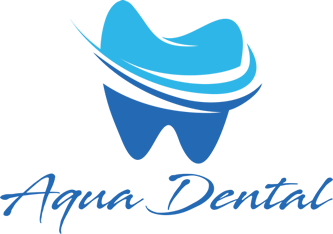Itchy gums can be irritating especially if you don’t know the cause. Itchy gums can be the sign of many different oral conditions including allergies, gum disease, or even a dry mouth. If you or your child have itchy gums, call us to schedule an appointment at our dental office in Broken Arrow.
We can diagnose and treat underlying oral diseases or conditions that cause itchy gums.
Stop the itching using these home remedies to relieve inflammation –
· Rinse out your mouth with cool or cold water. Rinsing may get rid of any debris that is causing your gums to itch and help soothe inflammation and swelling.
· Suck on a piece of ice if your gums are itchy. The cold can numb the discomfort and reduce any inflammation associated with itchy gums.
· Depending on the source of your itchy gums, gargling with some saltwater can relieve itchiness. Rinse with salt water until your gums stop itching. Mix one tablespoon of salt in a glass of warm water. Gargle a mouthful for about 30 seconds, concentrating on your gums. Spit out the water when you’re finished. Avoid swallowing the mixture and don’t use it for more than seven to 10 days.
· Mix baking soda and water to form a paste, then apply it to your gums. The paste may control any bacterial infections causing your gums to itch.
· Recent studies have shown that aloe vera can help with inflammation due to oral conditions. Dab some on your itchy gums to help relieve the condition.
· Consider limiting foods and drinks that may make any itchiness or inflammation worse. Limit or avoid spicy and acidic foods or tobacco.
· Studies have shown that psychological stress can contribute to periodontal disease. Reducing the stress in your life may help relieve itching gums.
If you are experiencing itchy gums and home remedies don’t help after seven to 10 days, schedule an appointment with your dentist. Your dentist can figure out the cause of your discomfort and find the right treatment.
Itchy gums may be a product of fungal, viral, or bacterial infections; certain medications; nutritional deficiencies; improperly fitting dentures; teeth grinding; allergies; stress, or periodontal disease. Be sure to let your dentist know any medical conditions you have and medications you are taking.
Schedule your appointment as soon as possible. You may not notice any changes to your gums or mouth with some oral conditions. Tell your dentist when the symptoms started, what treatments you’ve tried, and what relieves or makes symptoms worse.


Recent Comments